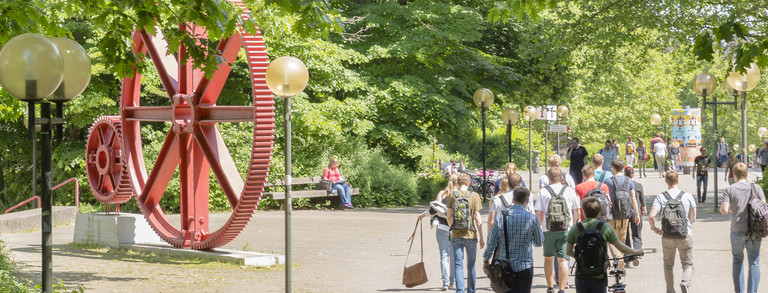Computational Protein Engineering (Master)

Summer semester
Lectures and Exercises (Part 1, 4 LP): Fundamentals of protein engineering and enzyme design. Computational techniques for protein structure prediction, de novo protein design, free energy profiles in enzymatic reactions, Quantum Mechanics and hybrid Quantum Mechanics/ Molecular Mechanics approaches, machine learning for enzyme design, rational engineering and design of enzymes.
Practical sessions (Part 2, 3 LP): Practical computer sessions with tutorials on the computational techniques and case studies of protein engineering and enzyme design. Practical sessions in which the students will design and perform computational experiments to address protein engineering and enzymatic regulation questions and will interpret the results of the computational experiments.
Both parts are required for passing the course.
Winter semester
Seminar (Part 3, 4 LP): The students will be assigned a project on computational protein engineering (CPE). Using the computational knowledge and skills acquired in the previous semester of CPE (Parts 1 and 2), the students will design, carry out and interpret computational experiments for solving the given protein engineering problem.
Passing Part 1 and Part 2 is required for Part 3. Part 3 is optional.

